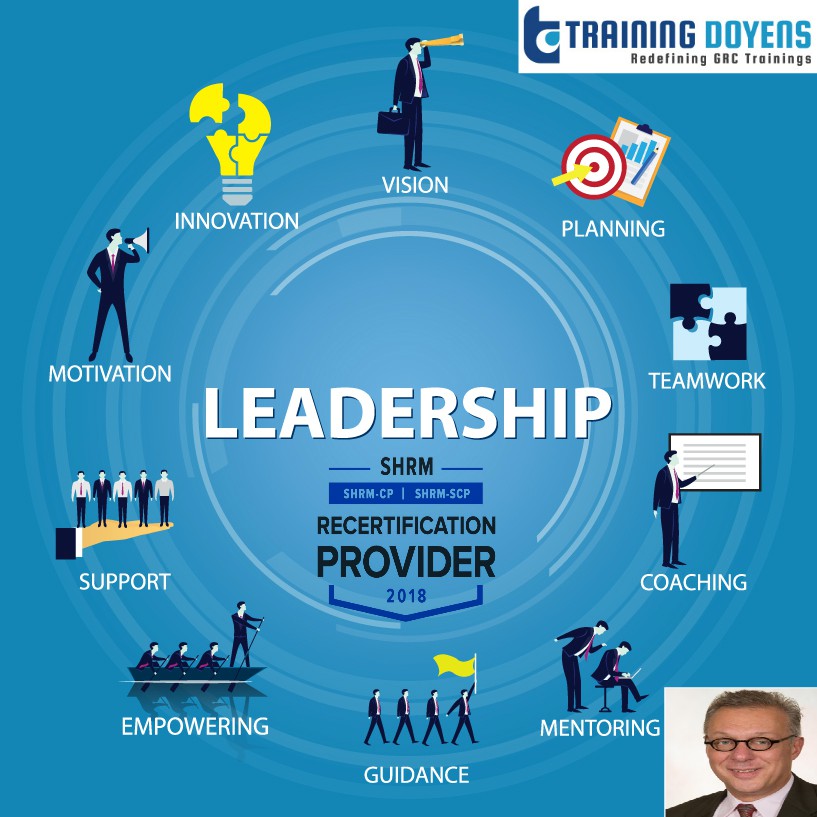Effective leadership isn’t just about speaking, giving orders, or presenting grand ideas—it’s also about listening. True leaders know that listening is a foundational skill for building trust, fostering collaboration, and empowering others. Listening allows leaders to understand their teams’ perspectives, address their needs, and create an environment where everyone feels valued and heard.
This article explores the power of listening in leadership, how it enhances communication, and practical strategies to develop this essential skill.

Why Listening Is Essential for Leaders
Listening is often underestimated in leadership, but it is one of the most powerful tools a leader can possess. Leaders who actively listen create stronger connections with their teams and are better equipped to make informed decisions. Here’s why listening matters:
1. Builds Trust and Respect
When leaders genuinely listen, they show respect for their team members' opinions and ideas. This builds trust and demonstrates that everyone’s input is valued. Trust is the foundation of effective leadership and a cohesive workplace culture.
2. Fosters Collaboration
Listening creates open lines of communication, making it easier for team members to share ideas and collaborate. It encourages a flow of information that leads to creative problem-solving and innovation.
3. Identifies Challenges Early
By listening attentively, leaders can pick up on concerns or challenges that might not be immediately apparent. This proactive approach helps leaders address issues before they escalate.
4. Empowers Others
When leaders listen to their teams, they empower individuals by showing that their voices matter. Empowered employees are more engaged, motivated, and likely to take ownership of their work.
The Art of Active Listening
Active listening is more than just hearing words—it’s about fully engaging with the speaker and understanding their message. Leaders who practice active listening foster meaningful conversations and stronger relationships.
Key Elements of Active Listening
-
Pay Full Attention
- Eliminate distractions such as phones, emails, or multitasking.
- Focus entirely on the speaker and maintain eye contact.
-
Show Empathy
- Acknowledge the speaker’s feelings and perspectives.
- Use affirming gestures, such as nodding, to show you are engaged.
-
Ask Questions
- Clarify points and encourage the speaker to elaborate.
- Questions like “Can you tell me more about that?” show genuine interest.
-
Reflect and Paraphrase
- Summarize what the speaker said to confirm your understanding.
- For example, “So, you’re saying that the deadline is a concern?”
-
Avoid Interrupting
- Let the speaker finish before responding.
- Interrupting can make the other person feel undervalued.

How Listening Empowers Teams
Listening isn’t just about understanding—it’s about creating opportunities for others to shine. Here’s how listening can empower teams:
1. Encourages Ownership
When leaders listen to team members’ ideas and implement their suggestions, it reinforces a sense of ownership and accountability. Employees feel motivated to contribute when they know their input is making a difference.
2. Builds Confidence
Listening validates individuals' thoughts and concerns. This boosts their confidence and encourages them to speak up more often, leading to a more inclusive and dynamic workplace.
3. Strengthens Relationships
Taking the time to listen strengthens relationships between leaders and their teams. Stronger relationships lead to higher levels of trust, collaboration, and loyalty.
Practical Strategies to Develop Listening Skills as a Leader
1. Schedule Time for Listening
Set aside time to meet with team members individually or in groups. Regular one-on-one meetings provide an opportunity to listen without distractions.
2. Practice Mindfulness
Mindfulness helps you stay present in conversations. By focusing on the moment, you can listen more effectively and respond thoughtfully.
3. Create an Open-Door Policy
Encourage team members to share their ideas and concerns freely. An open-door policy signals that you are approachable and willing to listen.
4. Seek Feedback
Ask your team how you can improve as a leader. Listening to their feedback shows humility and a willingness to grow.
5. Use Technology to Enhance Communication
Tools like collaborative platforms or anonymous surveys can help leaders gather insights from team members who might not feel comfortable speaking up directly.
Overcoming Barriers to Effective Listening
Even well-intentioned leaders can face barriers to effective listening. Here are common challenges and how to overcome them:
-
Distractions
- Solution: Prioritize the conversation by turning off notifications and creating a quiet environment.
-
Prejudgments
- Solution: Approach every conversation with an open mind, avoiding assumptions or preconceived notions.
-
Time Constraints
- Solution: Schedule regular check-ins and create dedicated time for important discussions.

Listening in Action: A Leadership Success Story
Consider the case of Satya Nadella, CEO of Microsoft. When Nadella took the helm, he prioritized listening as a cornerstone of his leadership style. He actively sought feedback from employees, customers, and partners, creating an environment where everyone felt heard. This approach not only revitalized Microsoft’s culture but also spurred innovation and growth, transforming the company into one of the most valuable in the world.
The Lasting Impact of Leadership Through Listening
When leaders develop strong listening skills, they create a workplace culture rooted in trust, collaboration, and empowerment. Listening is not a passive act—it’s a powerful tool that enables leaders to understand their teams, make informed decisions, and inspire meaningful change.
As a leader, remember this simple truth: people are more likely to follow someone who listens to them. By mastering the art of listening, you can elevate your leadership style, foster deeper connections, and empower your team to reach new heights.


You must be logged in to post a comment.